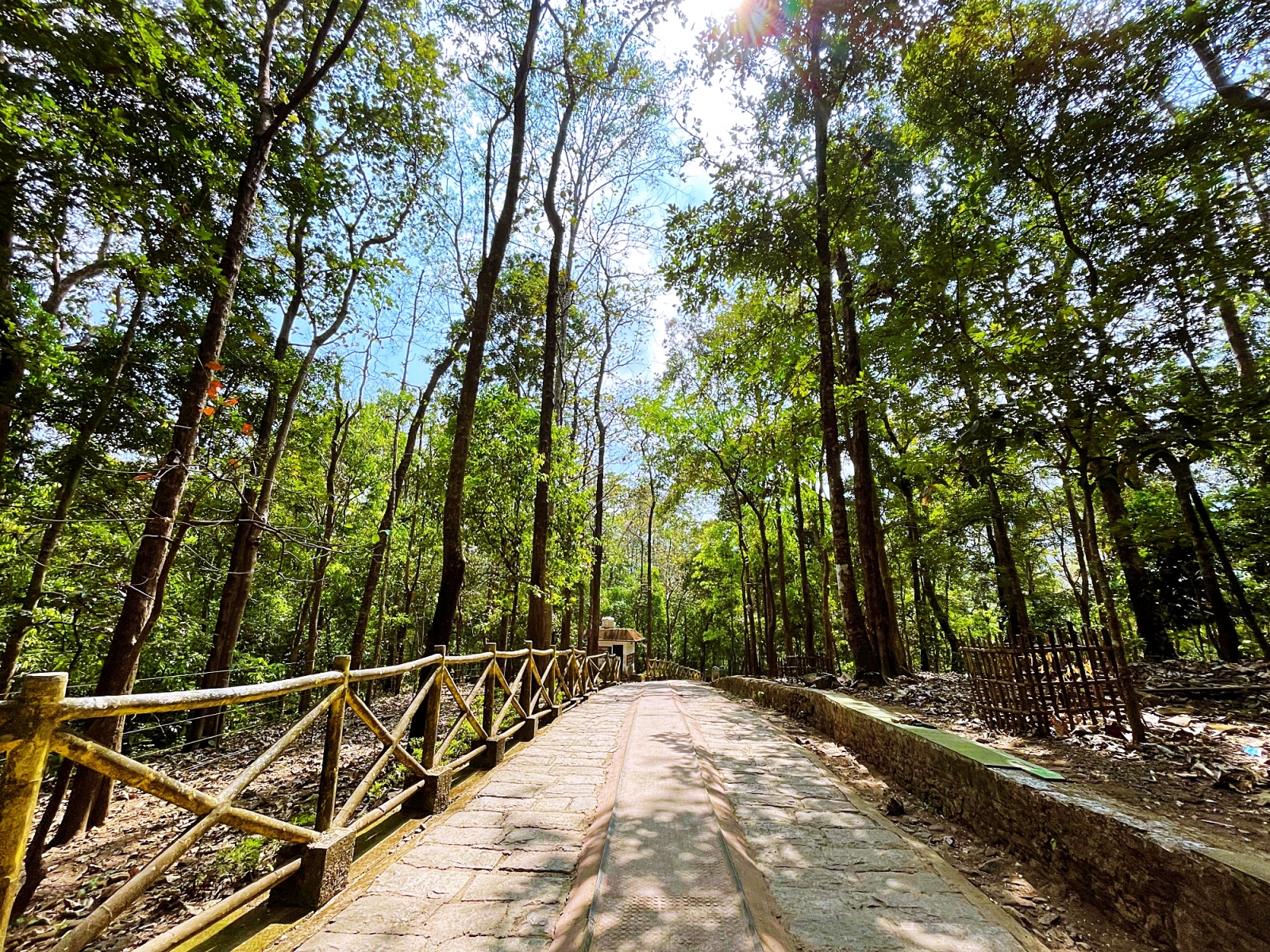How does biodiversity impact our daily lives?
Biodiversity plays an important role in our daily lives, providing us with goods such as food and materials, as well as services like water purification and pollination. Unfortunately, human activity is having a detrimental effect on biodiversity, resulting in a loss of species and habitats. To protect biodiversity, it is essential to understand what it is, what its benefits are, and how it is being impacted. This post will explore the definition and importance of biodiversity, its benefits, human impact on biodiversity, and the effects of its loss. Finally, it will discuss various ways to protect and conserve biodiversity, and the strategies needed to achieve this goal.
Table of Contents
Definition of Biodiversity
Biodiversity is defined as the variety of living organisms present in a particular habitat or region. It encompasses the diversity of species, including plants, animals, and microorganisms, as well as the diversity of the ecosystem and ecological processes that maintain the environment.

Biodiversity is essential for the health of the planet, as it helps to maintain balance within ecosystems and provides resources for human consumption. The biodiversity of an area is often determined by its climate, geography, and human-made modifications. The loss of biodiversity can have far-reaching consequences for both people and the planet, and conservation efforts are important for preserving biodiversity.
Benefits of Biodiversity
Biodiversity is an important part of life on Earth. It refers to the variety of living species and ecosystems that exist on the planet. Biodiversity helps to maintain natural balance and stability in the environment. It also provides many benefits to humans, including food, medicine, clean air and water, and recreational opportunities. Biodiversity can also help to reduce the effects of climate change and promote sustainable development. By preserving biodiversity, we are protecting and enhancing the health of our planet, its natural resources, and our quality of life.
Human Impact on Biodiversity
Human activity has had an immense impact on biodiversity, both positively and negatively. Positively, an increase in human activity can introduce new sources of food and shelter for wildlife, as well as new recreation opportunities. Additionally, human-initiated conservation efforts can help protect endangered species and their habitats. On the other hand, human activity is often responsible for the destruction of habitats, overhunting and overfishing, the introduction of invasive species, and pollution. All of these have the potential to reduce biodiversity. Thus, it is essential to understand the potential impacts of human activities to ensure that our actions are helping to protect and conserve biodiversity.
Effects of Biodiversity Loss
Biodiversity loss is a major issue facing society today and its effects can be far-reaching. The loss of species has a significant impact on the health of our ecosystems, leading to declines in ecological functions, such as pollination, nutrient cycling, pest control and water purification. The decrease in biodiversity can also lead to an increase in disease and pest outbreaks, an increase in the number of invasive species, and a decrease in the number of available resources.
Biodiversity loss can also have economic repercussions, such as a decrease in agricultural production, a decrease in the availability of recreational services and an increase in the cost of goods and services. There is an urgent need for society to take action to protect the biodiversity that remains and to restore the species that have been lost.
Ways to Protect Biodiversity
Biodiversity is an essential aspect of a healthy and thriving planet and it is vitally important to protect it. There are several ways in which we can all contribute towards protecting biodiversity. Firstly, we should strive to minimise our impact on ecosystems by making sustainable choices, such as reducing our consumption of animal products, choosing more eco-friendly transportation, and limiting our energy use. Secondly, we should aim to reduce pollution and other forms of environmental degradation, such as deforestation.
Finally, we should work towards protecting areas of high biodiversity by advocating for their conservation and supporting organisations that are actively working to protect them. By taking these simple steps, we can help to protect and preserve biodiversity—ensuring that the planet remains healthy and vibrant for future generations.
Conservation of Biodiversity
Biodiversity is increasingly being threatened by human activities, making it necessary to implement conservation measures to protect the species and habitats at risk of extinction. To ensure the continued survival of the world’s rich biodiversity, a variety of conservation measures must be taken. These measures may include protecting and restoring habitats, creating wildlife corridors, establishing sustainable fishing practices, and limiting the spread of invasive species. To be successful, conservation efforts must involve the participation of local communities, governments, and businesses to effectively protect the biodiversity of our planet. Working together, we can ensure that biodiversity is preserved for future generations.
Definition and Importance of Biodiversity
Biodiversity is defined as the variety of life on Earth and the natural patterns it forms. This includes the variety of species and ecosystems, as well as genetic diversity within species. Biodiversity is important because it helps to maintain a balanced environment which is essential for all living things to survive. It provides habitats for animals and plants, which in turn provides food and natural resources for humans. Biodiversity also helps to protect against the negative impacts of climate change by providing a buffer against extreme weather events. Additionally, biodiversity helps to protect against the spread of disease and provides a range of services that are vital for human health and well-being. In summary, biodiversity is vital for the health of our planet and human survival.
Conservation Strategies for Biodiversity
Biodiversity is a critical component of the natural environment and an integral part of the health of the planet. To protect the world’s diverse ecosystems, it is important to develop and implement effective conservation strategies. These strategies should focus on preserving habitat, controlling threats such as pollution and overexploitation, restoring degraded habitats, and managing species and gene flow.
Furthermore, it is essential to ensure that conservation efforts are tailored to the local context and take into account the socio-economic and cultural factors influencing biodiversity. To maximize the effectiveness of conservation strategies, it is important to ensure they are supported by effective legislation, sufficient resources, and the participation of local communities. By taking these steps, we can ensure that biodiversity is preserved for future generations.
The Value of Biodiversity
Biodiversity is essential for healthy ecosystems and ecosystem services, which are fundamental to our well-being. It provides us with food, water, clean air, soil, and many other resources. The loss of biodiversity can lead to imbalances in the environment, resulting in decreased productivity and health of both humans and the environment. The value of biodiversity cannot be overstated. It is essential to sustain our lives and the planet, and it is invaluable to the functioning of our global economy. Biodiversity must be conserved, protected, and restored to ensure our long-term survival and the prosperity of all living things.
In conclusion, biodiversity is an essential part of our lives that needs to be protected and conserved. It is important to understand the definition, benefits, and importance of biodiversity, as well as the human impact on it and the effects of biodiversity loss. There are various ways to protect and conserve biodiversity, such as developing conservation strategies and planting native species. We must take action now to ensure that the value of biodiversity is preserved for the future of our planet.



